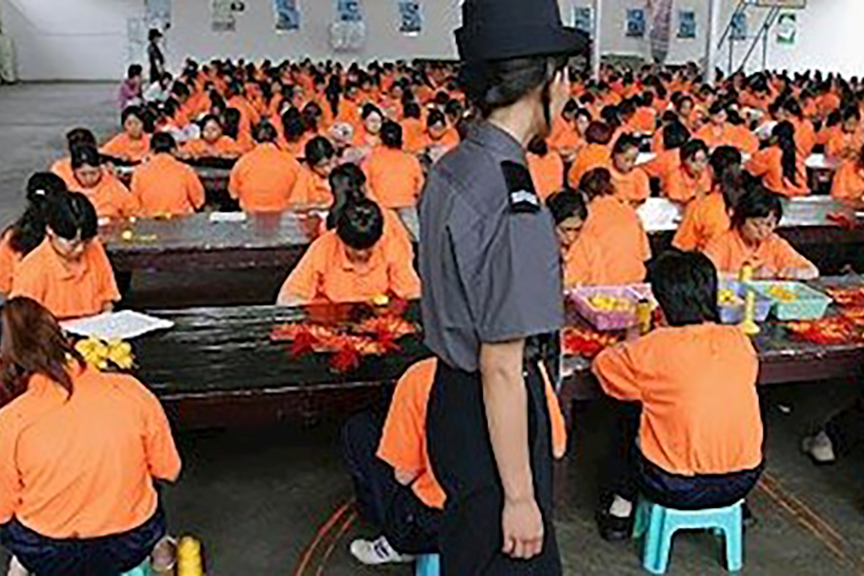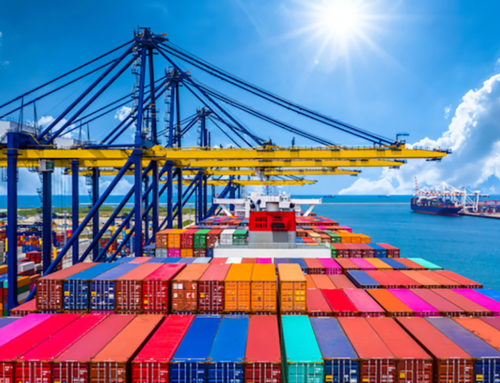In recent months, a disturbing revelation has cast a shadow over major retailers like Amazon and Walmart, shedding light on their involvement in selling toner and ink cartridges produced under unethical conditions in China by the infamous Ninestar, all while defying a ban imposed by the US government Department of Homeland Security under the UFLPA Act. This starkly challenges Walmart’s claim to ethical responsibility.
Ninestar, known for its G & G Ink and toner brand, shamelessly continues to list and sell its products on Walmart.com, blatantly disregarding US law. Under 18 U.S.C. § 1589, entities knowingly profiting from ventures involving forced labor or showing reckless disregard for such activities could face criminal prosecution. Furthermore, their merchandise may be subject to seizure and forfeiture through civil enforcement processes if found to be produced utilizing forced labor, as outlined by the Department of Homeland Security.
A concerning dimension of this issue revolves around Walmart’s remanufactured ink brand, Onn. With over 4,674 Walmart stores across the US, it is implausible to assume that all of them rely solely on a domestic remanufactured cartridge supply chain. Given Walmart’s history of sourcing goods from Chinese suppliers, it becomes increasingly plausible that the trail leads back to Ninestar, a company with the production capacity to provide Walmart with privately labeled products, whether they are remanufactured or newly built cartridges.

Questions naturally arise about the role of Customs and Border Patrol in curbing the sale of these products. Walmart claims to fulfill these cartridges, raising questions about their origin, whether they originate from Walmart’s warehouses or are shipped blindly from Ninestar Technology’s Chino facility in California. Any notable seizures from either Walmart or Ninestar facilities should have garnered significant attention in the news, but such incidents remain conspicuously absent.
The continued sale of Ninestar products by Walmart raises profound ethical, legal, and enforcement concerns. Despite the US government’s ban on these products from June 12, 2023, Walmart appears to either disregard this reality or consciously turn a blind eye. Other companies, such as Arlington, Supplies Wholesale, Supplies Network, and International Toner, could potentially find themselves in a similar predicament. The scale of this issue raises grave concerns – Ninestar products continue to flood the US market in defiance of the law, exposing companies to both criminal and civil penalties.
Now, Walmart finds itself at a pivotal juncture. It holds a unique opportunity to lead by example, demonstrating a genuine commitment to the law and upholding ethical and moral standards. Conversely, by failing to act, Walmart, as the world’s largest retailer, implicitly condones forced labor, lawlessness, and a lack of ethics, all in the pursuit of profit.
The world is watching, and the question that looms large is whether Walmart will align itself with ethical principles and meet the expectations of global consumers, or if it will persist in disregarding the law and ethical responsibility in favor of profit. The choice is theirs to make, and it will undoubtedly shape their reputation and standing in the eyes of the world.






